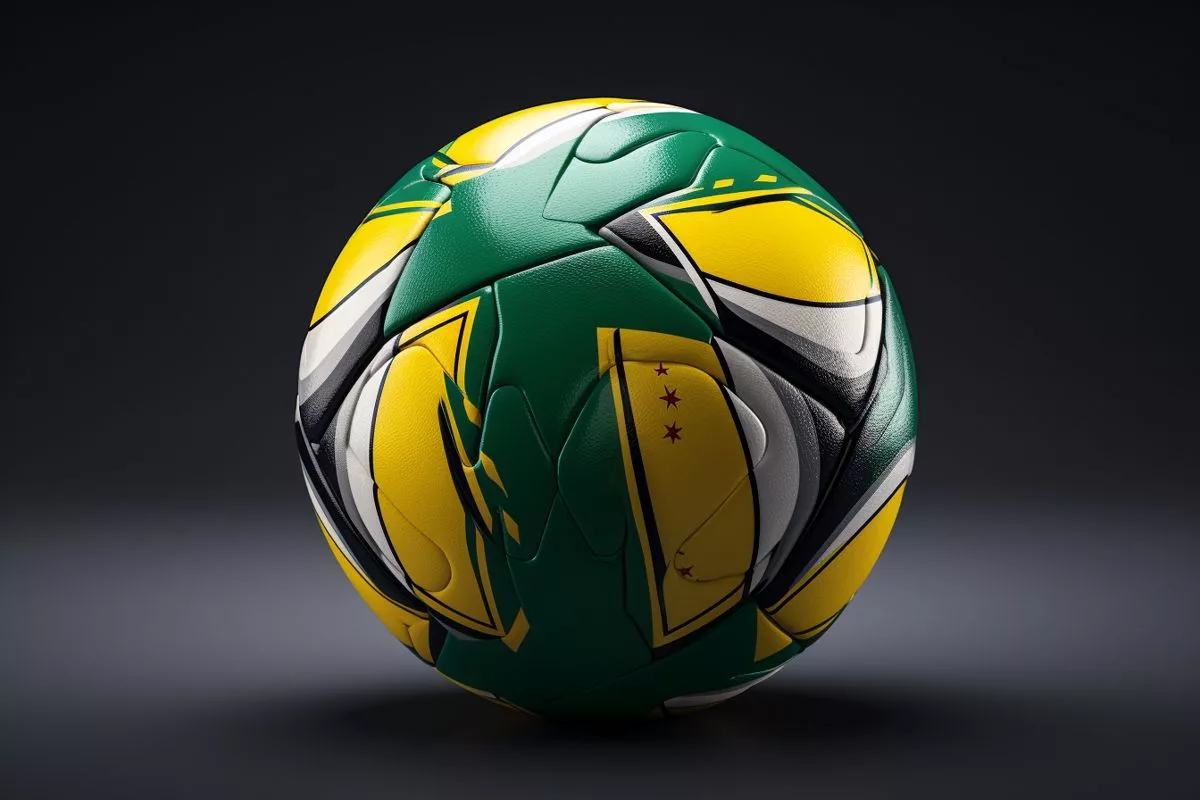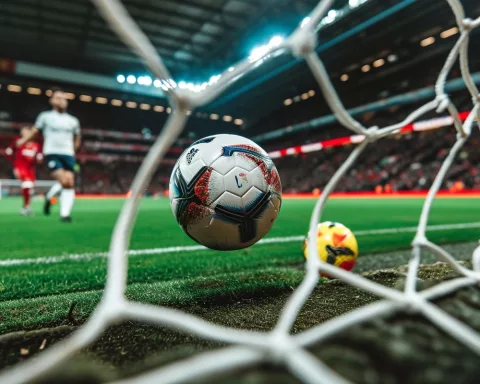SAFA has addressed rumors that former Bafana Bafana skipper Lucas Radebe is running for the presidency, stating that Jordaan was voted into his third tenure and Radebe’s bid is premature. SAFA clarified that the electoral process is for 2026 with the electorate made up of 52 regions and associate members. SAFA’s current mandate is to deliver football programs with priorities that include managing Schools Competition Academies and training coaches from C License to A License.
SAFA Addresses Lucas Radebe’s Presidential Ambitions and Speculations
SAFA clarifies that Jordaan was voted into his third tenure and Radebe’s bid for the presidency is premature. The electoral process is for 2026 with the electorate made up of 52 regions and associate members. SAFA’s current mandate is to deliver football programs with priorities that include managing Schools Competition Academies and training coaches from C License to A License.
Radebe’s Presidential Bid Rumors
The South African Football Association, commonly referred to as SAFA, recently noted apprehensions regarding ex-Bafana Bafana skipper Lucas Radebe’s aspirations for its presidency. The comment from SAFA follows the 54-year-old Radebe’s open declaration of his desire to compete for the highly sought-after role, triggering a wave of anticipation among South African soccer fans.
However, the past week witnessed SAFA providing a comeback to these rumors, underscoring that the standing president, Jordaan, was voted into his third tenure in June of the previous year, with his term expected to end in 2026. This data was conveyed through an official statement by SAFA, targeted at resolving the escalating talk concerning Radebe’s possible presidential campaign.
The SAFA declaration states: “Numerous pieces in Sunday newspapers have caught our attention, suggesting that ex-Bafana Bafana skipper Lucas Radebe will become the President of the South African Football Association (SAFA).”
SAFA’s Electoral Process
In the statement, SAFA elaborated on the particulars of its electoral system, emphasizing that the most recent election took place in 2022, for a duration of four years. This implies that the upcoming election will be scheduled for 2026.
SAFA drew a contrast between its elections and those conducted in the USA, clarifying that SAFA elections encompass not only the presidential post but also national and provincial seats. The electorate for these elections is made up of 52 regions and associate members, with all elected positions in the National Executive Committee (NEC) included in the ballot.
In order to be eligible, potential nominees must secure nominations from any of the constituent groups and pass an integrity check successfully. Subsequent to this, the Governance Committee finalizes and announces the list of suitable candidates.
SAFA’s Ongoing Mandate and Priorities
Through the statement, SAFA aimed to pivot the focus back to its current mandate, which is delivering football programs. This includes preparing Bafana for AFCON and qualifying for the 2026 FIFA World Cup. Among other priorities listed are Banyana’s quest for WAFCON qualification, the bid for a spot in the 2024 Paris Olympics, training coaches from C License to A License, preparation for the Schools Football CAF Championship, managing the ABC Motsepe League and SASOL League promotion Hollywood Bet final matches and Awards, preparations for the U15 National Team, development and preparation of junior teams, referee training, and managing Schools Competition Academies.
SAFA’s strong stance is that its current focus is football, and it will not be deflected by ‘minor diversions’. This pronouncement can be perceived as an affirmation of SAFA’s dedication to its fundamental duties, along with a reemphasis of the organization’s electoral procedures and timelines, in view of Radebe’s presidential ambitions.
1. What are the rumors surrounding Lucas Radebe’s aspirations for SAFA presidency?
There have been rumors that Lucas Radebe, former Bafana Bafana skipper, is vying for the presidency of SAFA.
2. What is SAFA’s response to the rumors?
SAFA has clarified that the current standing president, Jordaan, was voted into his third tenure and Radebe’s bid for the presidency is premature.
3. When is the next SAFA election scheduled?
The next SAFA election is scheduled for 2026, according to the organization’s electoral system.
4. Who makes up the electorate for SAFA elections?
The electorate for SAFA elections is made up of 52 regions and associate members, with all elected positions in the National Executive Committee (NEC) included in the ballot.
5. What are SAFA’s current priorities?
SAFA’s current mandate is to deliver football programs, including preparing Bafana for AFCON and qualifying for the 2026 FIFA World Cup. Other priorities include Banyana’s quest for WAFCON qualification, the bid for a spot in the 2024 Paris Olympics, training coaches, managing schools competitions, among others.
6. Is SAFA focusing on its current mandate or Radebe’s presidential ambitions?
SAFA’s strong stance is that its current focus is football, and it will not be deflected by ‘minor diversions’, which can be perceived as an affirmation of SAFA’s dedication to its fundamental duties, along with a reemphasis of the organization’s electoral procedures and timelines, in view of Radebe’s presidential ambitions.












